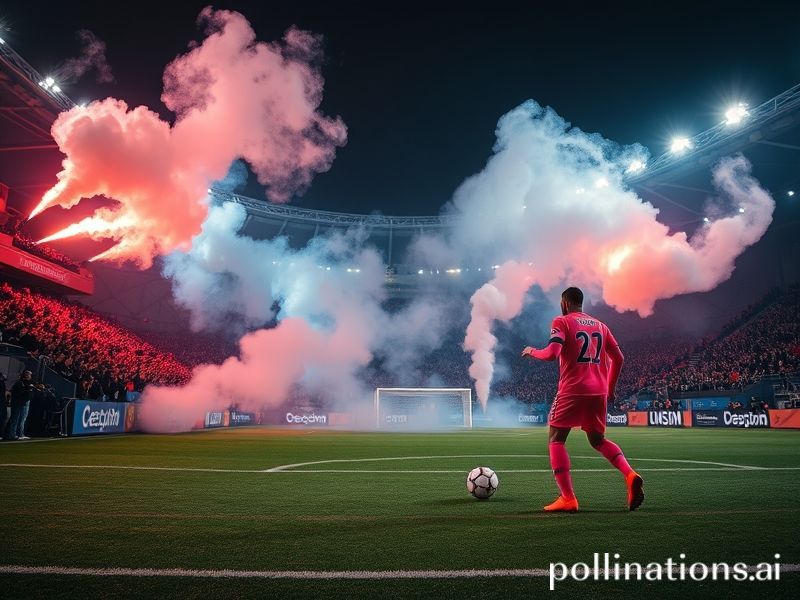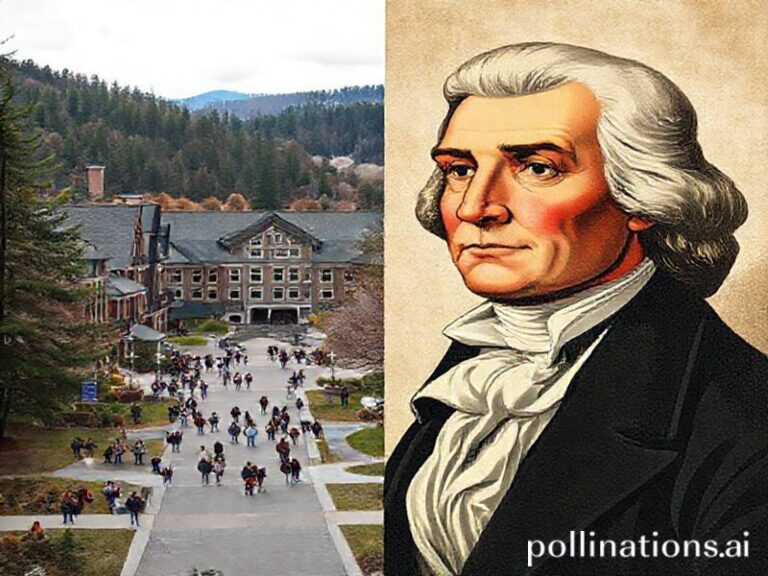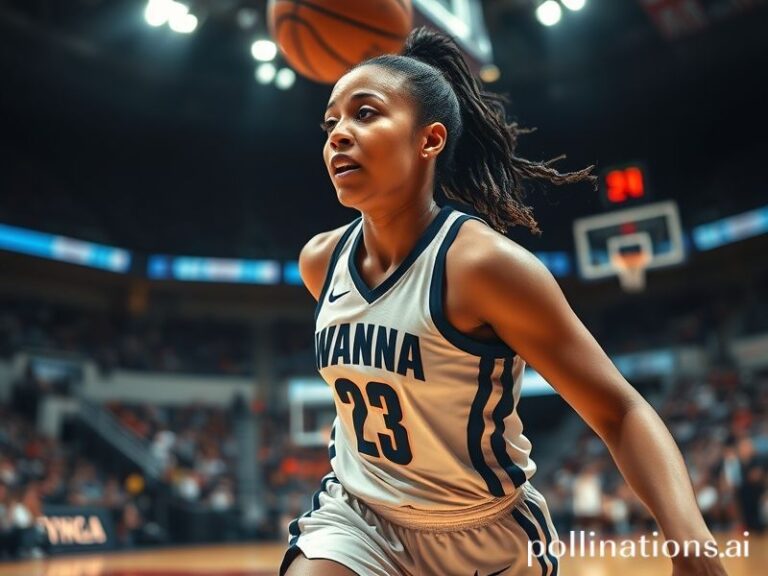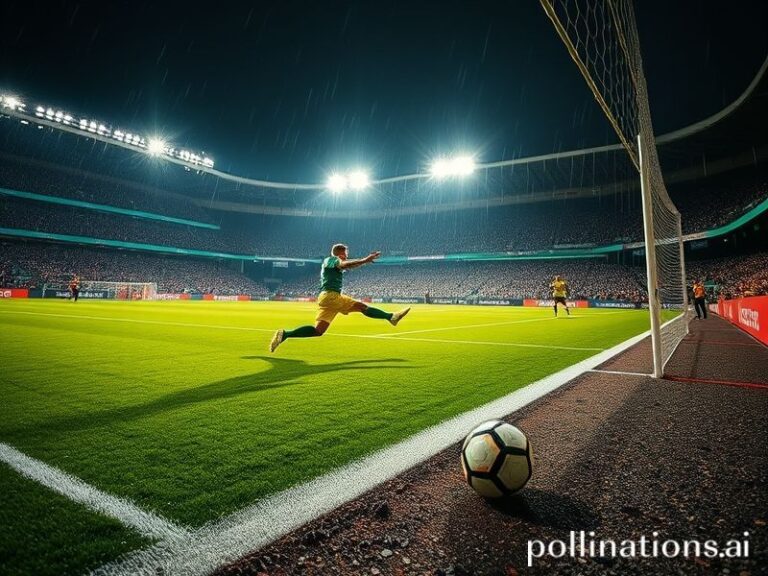Marseille vs PSG: How a French Football Derby Became the World’s Most Expensive Therapy Session
MARSEILLE – PSG: THE MEDITERRANEAN DERBY AS GLOBAL TRAGICOMEDY
By our Special Correspondent in the Seventh Circle of Marketing
The fixture that France still quaintly calls “Le Classique” kicked off last night under a purple Provençal sky, and—because the twenty-first century will monetise oxygen if given half a chance—was beamed to 195 territories, three international space stations, and one billionaire’s submersible currently wedged between Titanic deckchairs. Marseille versus Paris Saint-Germain is no longer a provincial squabble over bragging rights; it is a geopolitical stress test wearing neon boots.
Allow me to translate for readers who believe football is merely 22 millionaires chasing a leather bladder: imagine the Gaza Strip, but with better hair product and VAR replays. The Mediterranean port meets the gilded capital, provincial resentment collides with Gulf-state soft power, and every nutmeg is weighed for its symbolic value by think-tank interns who once wrote theses on post-colonial trauma. In short, it’s the perfect mirror for a planet that long ago replaced ideology with merchandise drops.
Globalisation’s punchline is that the match’s two most influential figures were not even on the pitch. In the VIP box sat Nasser Al-Khelaïfi, PSG’s Qatari president, whose hobby is turning soft power into hard revenue faster than you can say “human-rights report.” Opposite him, Pablo Longoria, Marseille’s Spanish-Italian president, whose own transfer budget is roughly the price of a used Airbus, but who compensates by weaponised Mediterranean melodrama. Between them hung the invisible banner: “Welcome to the Future—please ignore the past, it’s on a rolling contract.”
The worldwide implications? Start with television rights. Amazon Prime beamed the match to subscribers from Lagos to Lima, pausing only to remind viewers that their monthly fee also finances drone-delivered toilet paper. Meanwhile, in Beijing, state censors cut the feed whenever ultras unfurled anti-Macron banners, creating a surreal 90-minute highlight reel of empty grandstands and distant seagulls—avian performance art that would make Banksy blush.
Then there is the player conveyor belt, that humanitarian corridor where Brazilian teenagers are swapped like Pokémon cards. PSG’s latest acquisition, a 19-year-old wunderkind named after a cryptocurrency, celebrated his first touch by launching a commemorative NFT. Marseille, ever the proud underdog, countered with a Moroccan centre-back whose previous job was literally herding goats—proof that football remains the only industry where childhood trauma is simultaneously monetised and applauded.
Of course, no international dispatch is complete without American bewilderment. ESPN’s commentary team struggled gamely, describing the match as “soccer’s answer to Yankees-Red Sox, but with more flares and existential dread.” One pundit repeatedly called the Velodrome “the Collosseum,” apparently unaware that the Romans had already copyrighted spectator bloodsport, albeit with lower ticket prices.
The broader significance lies in what economists politely term “soft-power laundering.” Qatar uses PSG to host fashion shows, K-pop concerts, and climate forums, each event emitting more carbon than a small Balkan nation. Marseille, meanwhile, leans into its gritty port-city brand, selling artisanal soap and subsidised nostalgia to tourists who leave clutching fridge magnets that read “Je suis provocateur.” Together they form a perfect yin-yang of late-capitalist anxiety: one club minting digital receipts for goals that never happened, the other selling authenticity by the kilo while quietly courting Saudi investors.
By the 88th minute, the score stood 2-1 for PSG, but the real victor was the meta-narrative. Fans set off pyrotechnics that briefly outshone the harbour lighthouse, a fitting metaphor for societies that prefer fireworks to functioning infrastructure. When the final whistle blew, the stadium PA blasted a bilingual remix of “La Marseillaise” and “Allez Paris,” because nothing says unity like auto-tuned patriotism backed by a Qatari beat.
Conclusion: Marseille-PSG is no longer a football match; it is an annual shareholders’ meeting with choreography. It reminds us that every tribal chant is now copyrighted, every protest banner is focus-grouped, and every underdog story is leveraged for brand engagement. If you listen closely above the ultras’ roar, you can almost hear the planet’s collective shrug: we came for sport, we stayed for the spectacle, and we’ll pay extra for the tragedy in HD.







